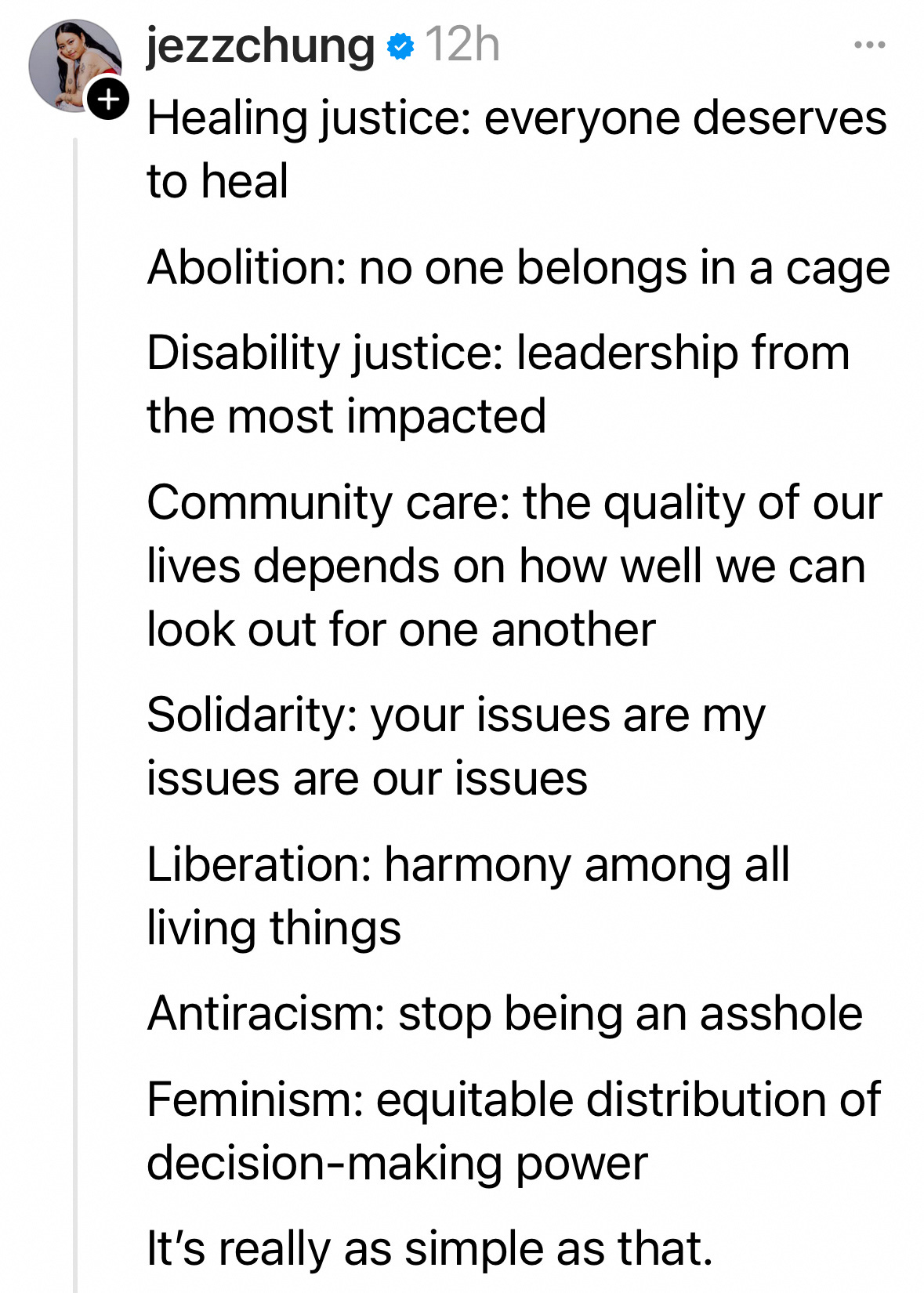Dear Reader,
Happy Solstice. Here, in the northern half of the world where my tiny island home resides, we celebrate peak light. Subconsciously preparing for our entrance into Cancer season later today, fresh laundry is one the line, new sheets are on the bed, and neglected corners have been cleaned. Home is on the altar this morning. On the counter, my basket is filled to the brim with flours, herbs, a kitchen scale, and a cookbook that I’m excited to finally crack the spine on — all things to tote to a friend’s house for pasta making and the preparation of a culinary ode to Summer.
The most precious cargo in my basket are my great-grandmother’s wooden ravioli pin and pasta cutter. I suspect that both of these tools have been in retirement for a couple of generations. The wooden handles dry from not having been conditioned by the oils of working hands. The fluted brass cutter-wheel tarnished. That’s what assimilation can do to immigrant families. I have been the trusted keeper of these tools for some years now and have yet to put them to work. Until today. As the generation doing the work to reclaim the language unlearned, the names forgotten, and the recipes that need resurrecting, it is not lost on me that what was once ordinary life, then revised and rejected for the sake of survival, is now, many years later, almost novel.
In all four corners of my familial garden are beautiful transplants. Not always cared for by this country of promise they came to and gave their lives to, I now assume the responsibility of watering their roots. My roots. This reclamation process can feel clunky and sometimes like cosplay. What a strange thing to feel like an imposter in your own bloodline. But in honor of all their lives and the stories of how they ended up here — diverse stories connected by survival as the motivation and refuge as the end goal — I engage with their ordinary rituals as a source of my joy. Today it’s making pasta with a friend.
This is how I water our roots.
My protest sign from April made another appearance last weekend —pulled from the backseat of the car, its permanent residence, where it waits, on call, for more moments like these, when standing with community on the roadside with our broken hearts before an afternoon work shift is what must be done. And yet, in the presence of our collective grief and fear and rage and determination, hugs and smiles are shared generously, cheeks are kissed, and there is laughter, dancing, and cheer. Solidarity.
“Why did you even go?” a friend asked later that day. Because community. Because we are all we’ve got. Because silence and neutrality is compliance. Because we want change and we want to be a part of creating what’s next. Because we believe in liberation for all. Because unless we are of an indigenous bloodline to the place we call home, we are all immigrants here. To protect their lives is to protect our own. To honor and appreciate their work is to pay homage to the agricultural, factory, and railway workers in my own family’s immigrant past. To value them first and foremost as fellow humans and not solely for their production is to break down the illusionary walls that maintain false hierarchy and otherness in order to support a violent culture of supremacy.
This is how I water our roots.
On this longest day of the year, from my place here, where the sun almost always seems to shine, when so much else seems so dark, I send you off with an incantation for us all —
I welcome the sun today, to drip honey-colored light over everyone and everything;
to fill every corner and reach under every hidden place.
To illuminate the truth of what we cannot see so that we may feel charged to shine through the darkest night.
In the essence of Cancer season, let’s put family in the center, chosen ones too,
and hold each other tight, singing our songs back to one another.







